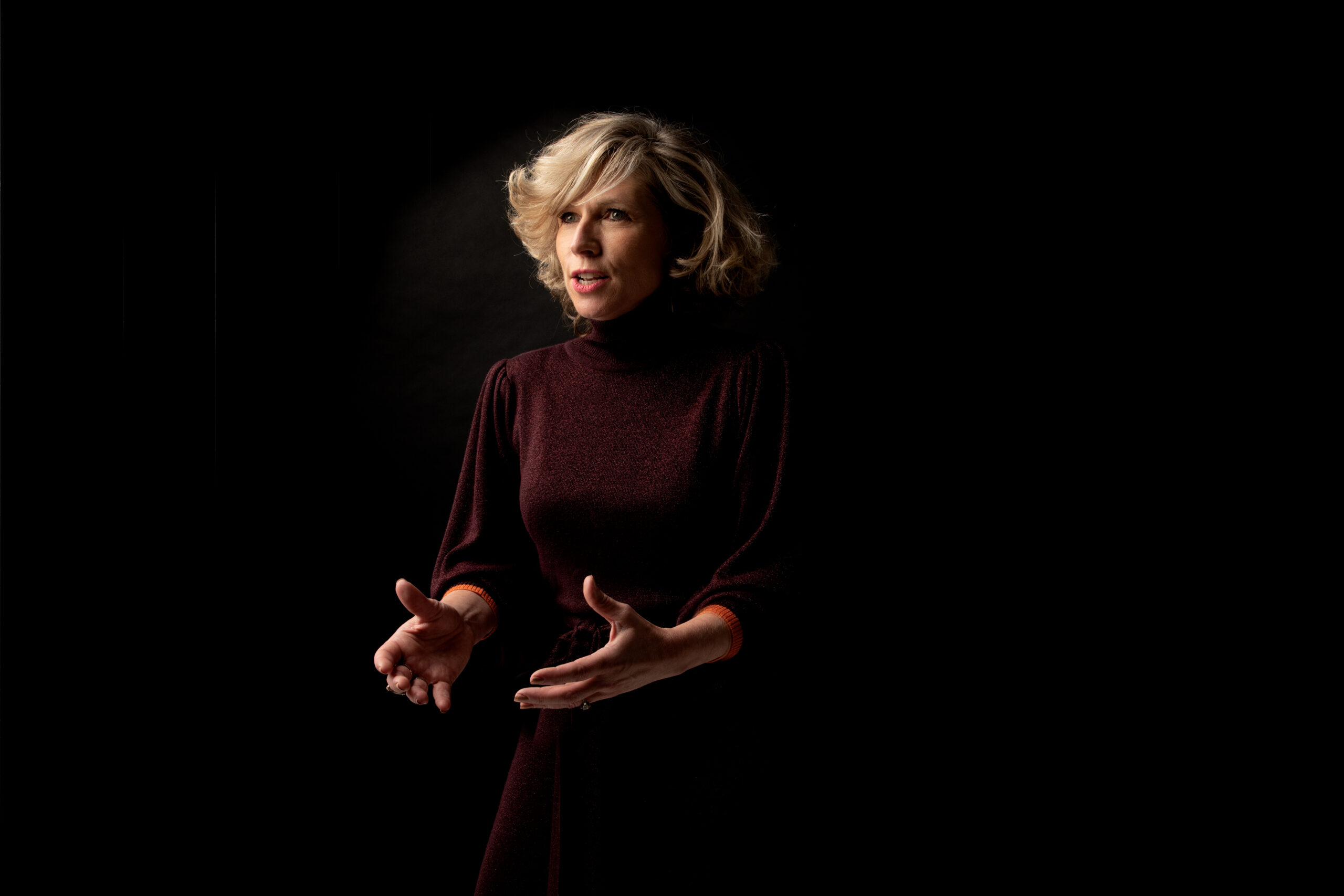Ageism is a two-way street, affecting both younger and older members of every workforce. Increasingly, there is a dawning realisation that employees in their 40s, 50s and above are being ‘voluntold’ (thank you, Eleanor Mills, author of the recent bestseller, ‘Much More to Come’) to pack their bags.
Eleanor talks about her experience in the book. ‘When I was made redundant, it felt like I had died. That sounds mad now, but there was the same sense of finality and grief. I was ashamed, humiliated, lost. I’d spent 25 years working for the same organisation, clawing my way to the top tier, but with what seemed like dizzying speed, all of it was gone.’ For us careerists, our work is part of our identity. Eleanor had risen to be the editorial director of The Sunday Times and editor of the weekend Style Magazine – until she wasn’t. Her story is not an isolated one.
I spoke to Jane had successfully built her career within a major, multi-national company. Her division was sold and the venture capital firm that acquired it culled her entire age cohort.
Many of them are in communication as an informal support network, sharing tales of radio silence and disappointed.
Some are couching their experience from it’s actual duration down a half decade or more.
Here’s an exercise: look at the images on all your company’s real estate, internal and external, physical and digital. Who’s being represented? Is your organisation a multicultural, gender-balanced team of fresh-thinking, dynamic 30somethings? Is it possible that there isn’t a 50 or 60-something to be seen anywhere?
By the way, if your employer brand is visualised as a monoculture of middle-aged men, talk to me. We have to start somewhere, and the only way is up.
Our understanding of diversity and inclusion is constantly evolving. I once worked with an organisation that, though far from perfect, held older employees and advisors in the highest regard. They called it tribal knowledge, the intelligence hard-won over the years and informed by a deep understanding of the organisation’s previous failures and successes.
According to Harvard Business Review, almost 65% of workers say they have experienced age-based discrimination. The UK-based Centre for Ageing Better conducted research that shows that over a third of people in their 50s and 60s feel disadvantaged when applying for jobs.
An Associated Press Centre for Public Affairs Research poll found that 75% of women over 45 reported that their age puts them at a disadvantage when looking for work, compared with 65% of men of the same age.
A poll from the National Institute of Economic and Social Research found that 36% of people between 50 and 69 say they think their age would put them at a disadvantage in applying for jobs – considerably more than any other age cohort. 17% say they have experienced ageism directly, having been turned down for a job because of their age. Nearly a third (29%) had been told that ‘too much experience’ was a barrier. Too much experience. Wow.
The issue is slightly gendered but not significantly so. WorkEqual CEO Su Duff posits one potential reason for this. She states that in the lived experience of their clients, women frequently take voluntary redundancy, thinking that with a career’s worth of experience, they’ll waltz into a new role. Su says, ‘Any woman over 40 has a problem’ when referring to the recruitment landscape, and it appears the men are not much better off.
A common ‘human’ issue is the social ‘ickiness’ involved in being managed by someone younger, both for the employee and the manager. Both parties feel it is vaguely out of step with our social norms. We have to change this perception if we are to break down the barriers of ageism. There is such an opportunity for shared wisdom in both directions that can unlock real vibrancy in our decision-making and business outcomes.
Plus, we’re all ageing, so, even on a selfish level, now is the time to start changing how things are done around here.
So what can we do? Auditing all forms of communication is a natural first step. Monitoring job descriptions for ageist terminology is a no-brainer, and normalising reverse inter-generational teams starts breaking down the tyranny of social norms. Setting targets for inclusion, revising our assumptions about ‘experience’, seeing our older workers as knowledge stores and not assuming that they can not grow, evolve and learn.
On a selfish level, we are all ageing, and have our own concerns. On a societal level, now is the time to start changing how things are done around here. According to TILDA (The Irish Longitudinal Study on Ageing), the number of people aged 65 and over is projected to double between 2011 and 2031. And they have to hit 30, 40, 50 and 60 to get there. Think about that .
I want to hear from you if you are experiencing what’s wrong with our workplaces and if you work in a country or company that is doing things differently and better.
Just email at research@worksnotworking.net
I look forward to hearing your story.
